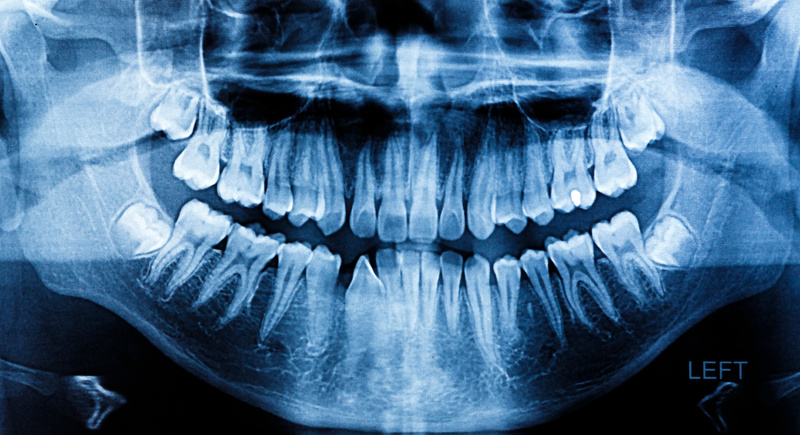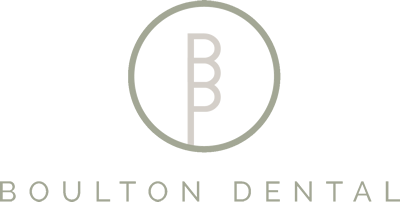
20 Jun Do I need to have dental X-rays? All your questions answered
At Boulton Dental in Newcastle, we want to provide you with exceptional care to suit your individual needs, helping you to achieve healthy teeth for life. A visual examination alone can’t tell us everything we need to know, thanks to dental X-rays, dentists and dental professionals can accurately diagnose and treat dental problems early before they become more serious.
X-rays, also called radiographs, give dentists the ability to view between and inside your teeth. X-rays provide your dentist with additional valuable information about the condition of your teeth and will reveal any hidden decay, problems with the roots of your teeth or issues with your jaw and your facial bones.
Why are dental X-rays needed?
The types of X-rays your dentist will take will depend on the conditions for which you are being assessed. The decision to take an X-ray, and the type of X-ray taken, will be influenced by such things as your past and present oral health, an examination of your mouth, your age, risk of disease and any early symptoms of oral disease.
How do dental X-ray machines work?
When the X-rays pass through the mouth, the teeth and bones absorb more of the ray than the gums and soft tissues, so the teeth appear lighter on the final X-ray image (called a radiograph). Areas of tooth decay and infection look darker because they don’t absorb as much of the X-ray.
How often are X-rays needed?
How often you need dental X-rays depends on your particular oral health situation. Regular x-rays are usually needed every 12 months to 2 years but in some case only every to 3 years to detect problems before they turn out to be too serious. If you’re a new patient, the dentist may advise taking a full series of X-rays or panoramic image to assess your current oral health state, and then use this as a baseline going forward.
Are dental X-rays safe?
Regardless of whether you’re a child or an adult, you can have X-rays safely taken of the inside and outside of your mouth. The amount of radiation involved is extremely low and is equivalent to the sort of exposure you’d receive on a 1-2-hour flight. This means that even if you’re pregnant you can have X-rays taken. Around 10,000 dental x rays is equal to about one years back ground radiation.
What do dental X-rays show?
The images taken from dental X-rays provide your dental professional with valuable information about your teeth and gums and help them plan the best treatment for any issues that you have. Dental professionals can also use the information from an X-ray to identify decay, infections, abscesses and even small cysts and tumours. X-rays can help identify developmental abnormalities, such as impacted wisdom teeth.
If an X-ray shows decay, your dentist will discuss treatment options with you, which may be preventive to slow or stop further progression of the decay or may involve a filling if there is an actual cavity.
What is an OPG?
OPG – orthopantogram
An OPG is a panoramic X-ray of the upper and lower jaws, including the teeth. The OPG unit is specifically designed to rotate around the patient’s head during the scan. An OPG will take approximately 20 seconds. An OPG is painless, fast and easy.
Boulton Dental offers the added convenience of an inhouse OPG machine to further support our patients.
If you have any queries or concerns regarding X-rays, please speak to one of our friendly team members at Boulton Dental. We look forward to seeing you at the practice soon.
Resource:
Australian Dental Association
www.ada.org.au

No Comments